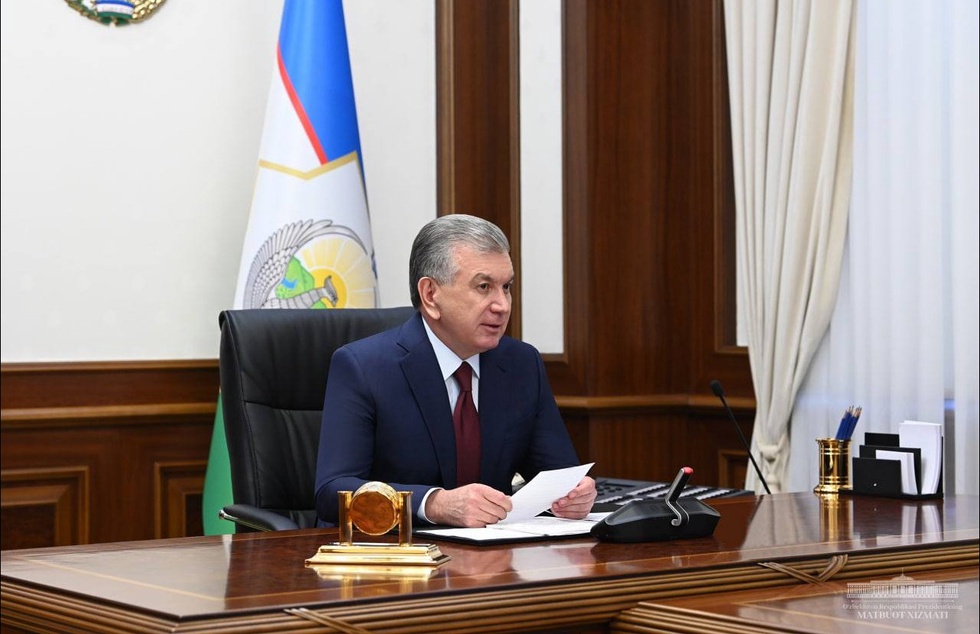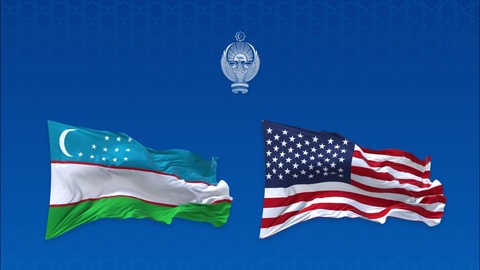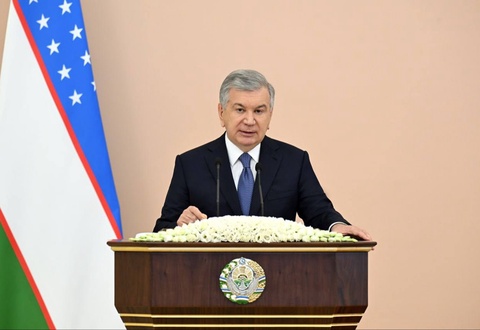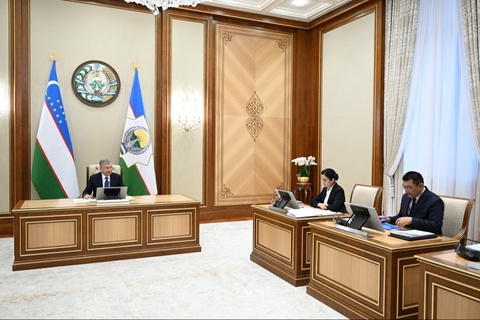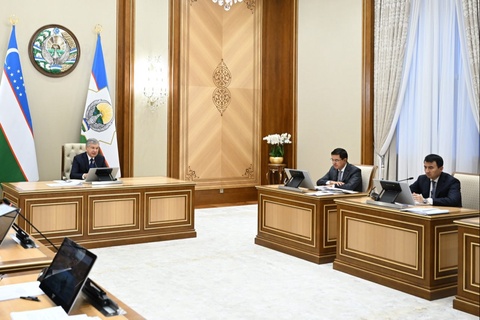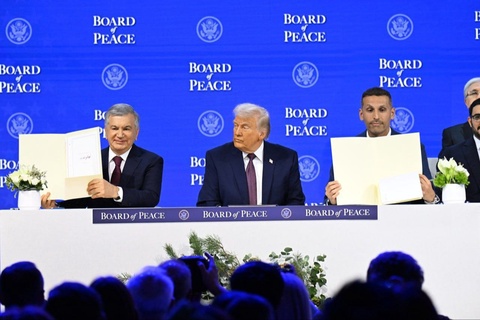Today, with the growth of consumer culture, the quality and safety of products come to the fore, the provision of which largely depends on standards.
International standards in Uzbekistan are being introduced in all sectors of the economy. This is, for example, Global G.A.P. and Organic in agricultural enterprises, Oeko-Tex in the textile industry. Within the framework of the GSP + system, an opportunity has been created for the duty-free export of 6.2 thousand types of goods to the countries of the European Union.
To ensure the harmonization of domestic standards with the requirements of the global market, by the Decree of the President of June 2, 2021, the Agency for Standardization, Metrology and Certification of Uzbekistan was transferred to the Ministry of Investments and Foreign Trade and reorganized into the Agency for Technical Regulation.
However, there are no positive shifts in quality improvement, creation of modern laboratories, assistance to manufacturers and increase in exports in the sphere. The agencies responsible for standardization, quarantine, veterinary medicine and hygiene laboratories do not implement a unified policy and do not help entrepreneurs. There is a need for 150 laboratories in the regions. For example, the export of dried fruits requires laboratories capable of performing 27 types of analysis. However, there is no such laboratory in the country. Many entrepreneurs become aware of the non-compliance of their products after their products have already arrived in Europe.
In this regard, additional measures to improve efficiency in standardization, certification and metrology, the introduction of modern methods in the conformity assessment process were identified at the meeting.
The Agency for Technical Regulation and industry leaders were tasked with carefully studying each type of product, introducing the necessary standards and updating laboratories. It was noted that it is possible to increase the number of enterprises that meet international standards by 3 times – up to 1.2 thousand.
For example, the export of the Uztex company in Chirchik increased after product testing was introduced under European requirements. The President noted the need for creating such laboratories in the textile, leather and footwear, electrical, engineering and chemical industries.
An instruction was given to take part in 27 international exhibitions by the end of the year and ensure the entry of entrepreneurs into the European market.
There is also positive experience in the agricultural sector. For example, at the Sam Fruit enterprise in Samarkand region, the entire process from harvesting fruits and vegetables to exporting is organized under international requirements. This year, the company plans to export products worth $10 million to Europe.
The Plant Protection and Quarantine Agency was tasked with bringing 200,000 hectares of fruit and vegetable areas in line with international standards together with regional hokims.
To ensure the quality and safety of food products, it was instructed to conduct international accreditation of 14 laboratories in Karakalpakstan and regional centers, modern equipment of 13 regional agrochemical laboratories.
The State Customs Committee was instructed to organize the issuance of all types of certificates and permits for export, import and transit through the Single Window Information System.
The importance of training an additional 3,000 specialists of companies and organizations to work in this sphere was emphasized.


